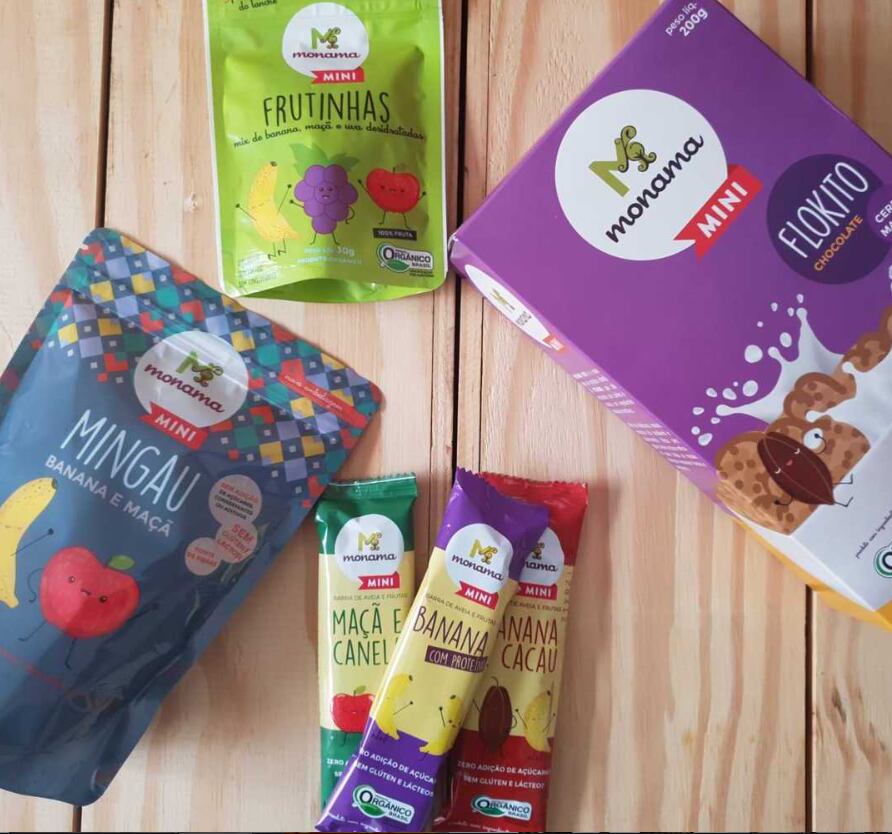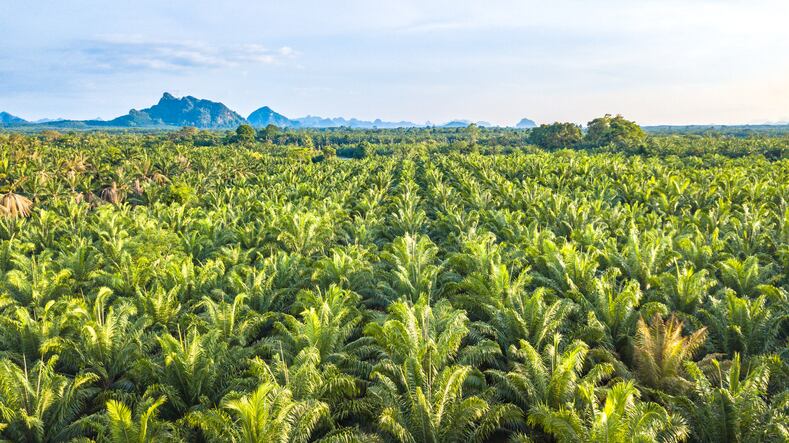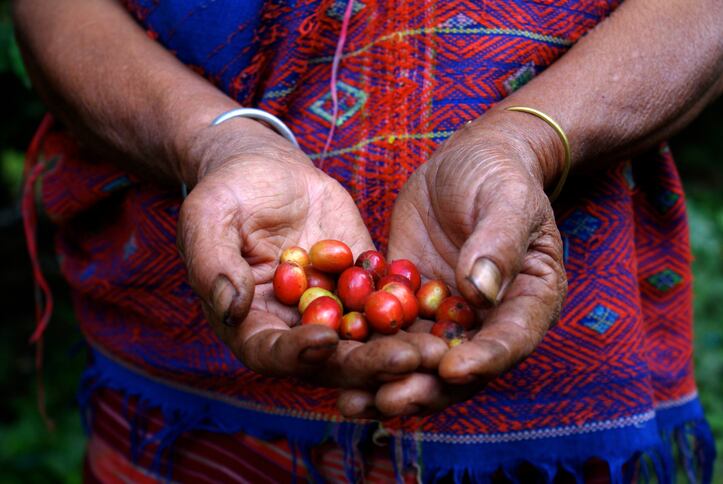Rafael Mendonça is CEO of Revel Foods & Co - a company with four commercial brands; Monama, Farovitta Superfoods, Tivva and Emporio da Papinha - that positions itself as both healthy and sustainable.
Around 70% of Monoma’s portfolio is certified organic, and one of the biggest challenges the company faces is sourcing the ingredients it needs.

“In Brazil, the main challenges are finding ingredients all year round. It’s difficult to find organic apples all year because of the climate, the transport, production,” said Mendonça, who was at FISA taking part in a round-table discussion on the challenges of being an organic company in Brazil.
“This is not a problem just for Brazil, it’s the organic sector in general as we don’t use any chemical components so it’s difficult to find all the ingredients all year,” he added. “But our challenge is to work with this seasonality and availability of the ingredients.”
Ingredient shortages
Across all four brands, the company has nearly 200 SKUs and sell over 250,000 items a month.
Apples and strawberries are two of the biggest supply chain ‘problem ingredients’ for the company, which manufactures Its products at its factory at Itupeva, around 50 km from São Paulo.
And although Monoma tries to priorities native Brazilian ingredients such as bananas, coconut, nuts and cocoa, the shortages mean it has to change its product line throughout the year.
“Almost 20% of our products are not available at some point in the year because of the lack of availability of the ingredients,” Mendonça told FoodNavigator-LATAM.
This is not necessarily a problem for consumers who regularly buy organic produce and are aware of these supply chain issues. But for other sometime-organic consumers, it can be frustrating.
Monoma’s biggest-selling product is its granola with rice, corn, almonds, and honey.
It also has a healthy snack range with products such as chewy dried banana pieces coated with cocoa powder, fruit bars with added fiber, trail mix, and coconut chips.
“People who buy organic sometimes because they know it’s healthy, they think this is strange. So we need to educate these consumers.”
Encouraging more farmers to switch to organic farming to secure more stable supplies of certain ingredients could also be a long-term solution.
Brazil’s organic sector is seeing 20% growth year-on-year, according to Mendonca, and so more farmers are becoming certified.
“Consumers are requiring more organic products and so the industry and farmers are improving supplies to meet this demand.”
Organic for health
According to Mendonça, health remains the number one factor that motivates Brazilians to buy organic.
“People know that food is one of the things they need to change to improve their health. The environment is of course the big discussion around the world and people also see this as a positive point of organic. But personal health is the first one.”
The country’s change in pesticide rules – 2019 has seen 200 new pesticide authorizations so far – has dragged the country “back some years” in this respect but, conversely, has increased the appeal of organic produce, he said.
'We need more natural, less processed food'
Mendonça sees Monoma and the wider organic food sector as being on a mission to promote healthy eating.
“Today in the supermarket we have so many food products but many of them are not ‘real’ food. We need more natural, less processed, less chemical food. Our mission is to explain to people it’s much better to eat real food – a banana for example – than something that is flavored with banana.
“Process the ingredients less to give consumers real food. That’s our mission and I think the mission of the [organic] industry as a whole.”
In Brazil, a country with enormous economic inequality, access to organic produce is reserved for the rich.
“Organic products are more expensive,” he admits, “but our mission is to democratize them with low prices – not [as low as] conventional products but so that more people can buy them.”
A market research survey conducted by Mintel in 2016 found that half of Brazilians surveyed agreed it was worth paying more for organic food and drink. Meanwhile, three in ten said they have tried products with a similar percentage saying they had not but would be interested in doing so for health reasons.
Monoma currently sells its products in Brazil only and is not actively looking to export. “Brazil is big enough,” Mendonca said, “and the market for organic here is still very small so it has room to grow.”



